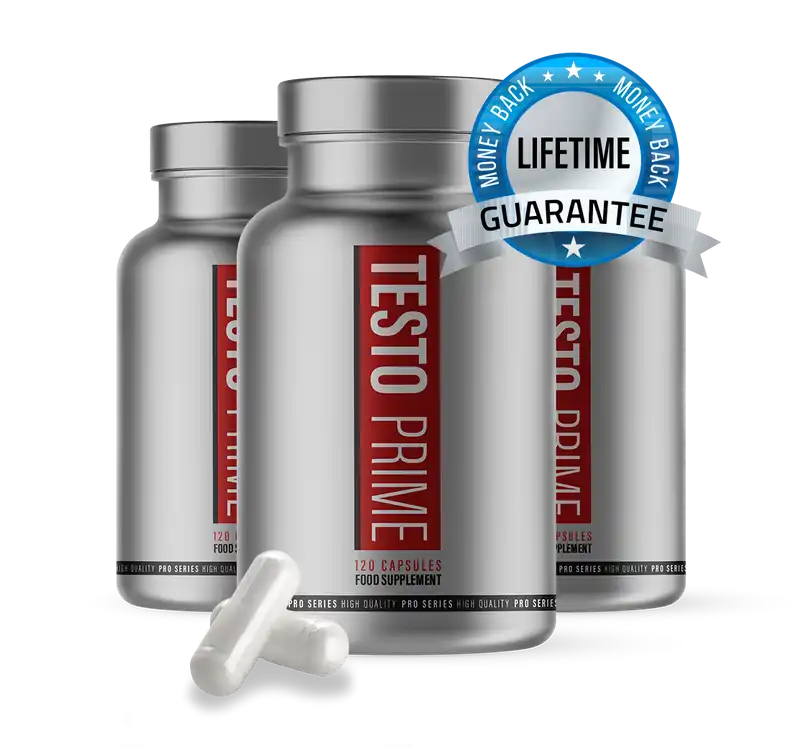Evan Centopani, a retired professional bodybuilder with an impressive track record, has recently shared his insights on common dieting misconceptions in bodybuilding.
His experience and accomplishments, including top finishes in prestigious competitions like the New York Pro, Arnold Classic, and Mr. Olympia, lend significant weight to his perspectives.
Misconception 1: No Carbs After 6 PM
Centopani challenges the widely held belief that eating carbs late in the day leads to fat gain.
He argues that the timing of carbohydrate intake is less important than the total amount consumed and the individual’s activity level.
Particularly for those who train in the evening, consuming carbs post-workout is crucial, regardless of the time.
BULKING or CUTTING? We teamed up with the number one bodybuilding supplement brand on the market to help you take your results to the next level. A free custom supplement plan designed to enhance your results.
Misconception 2: White Carbs are Bad
The idea that white carbohydrates like white rice and potatoes are inferior to their brown and sweet counterparts is another myth Centopani debunks.
He stresses that the nutritional differences are minimal and that personal digestion and tolerance should guide food choices.
Misconception 3: The Overemphasis on Fiber
While acknowledging the benefits of fiber, Centopani believes that its importance is often overstated.
He suggests that excessive fiber can disrupt digestion and may not be ideal for those aiming to consume a high volume of food for muscle growth.
Misconception 4: Red Meat is Essential for Massive Muscle Gain
Contrary to the popular belief that red meat is crucial for building significant muscle mass, Centopani asserts that it’s just one of many protein sources.
My Top Recommended Supplements
He notes that red meat can sometimes hinder digestion and isn’t necessary for substantial muscle gain.
Misconception 5: Carbohydrates are Paramount for Muscle Growth
Centopani challenges the notion that carbohydrates are the most critical macronutrient for muscle growth.
He points out that proteins and fats, which contain essential amino acids and fatty acids, are more crucial than carbohydrates, which aren’t technically essential.
Conclusion
Evan Centopani’s insights shed light on the individual nature of nutrition in bodybuilding.
His experience debunks common misconceptions, emphasizing the need for a personalized approach to dieting based on one’s own body’s responses and requirements.








